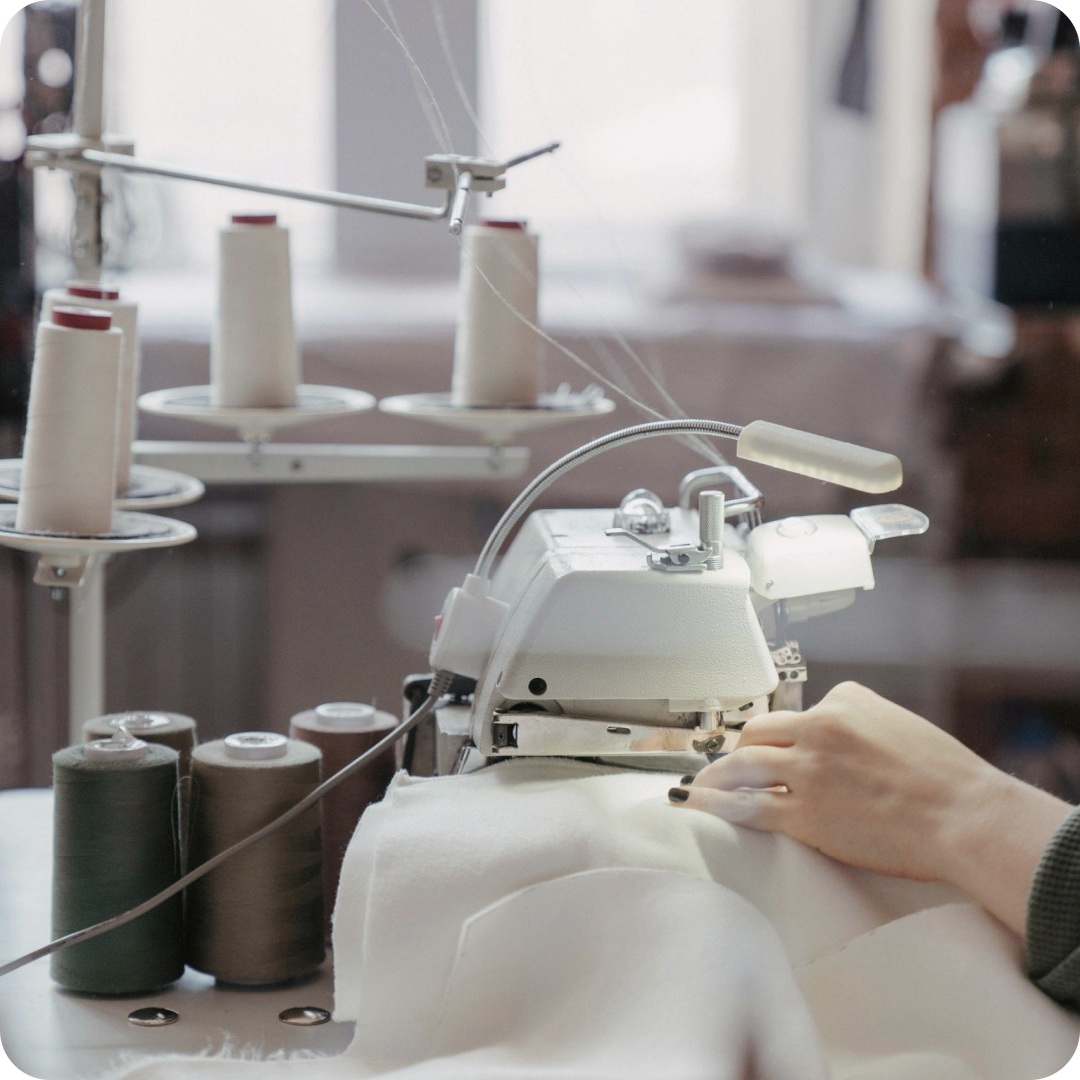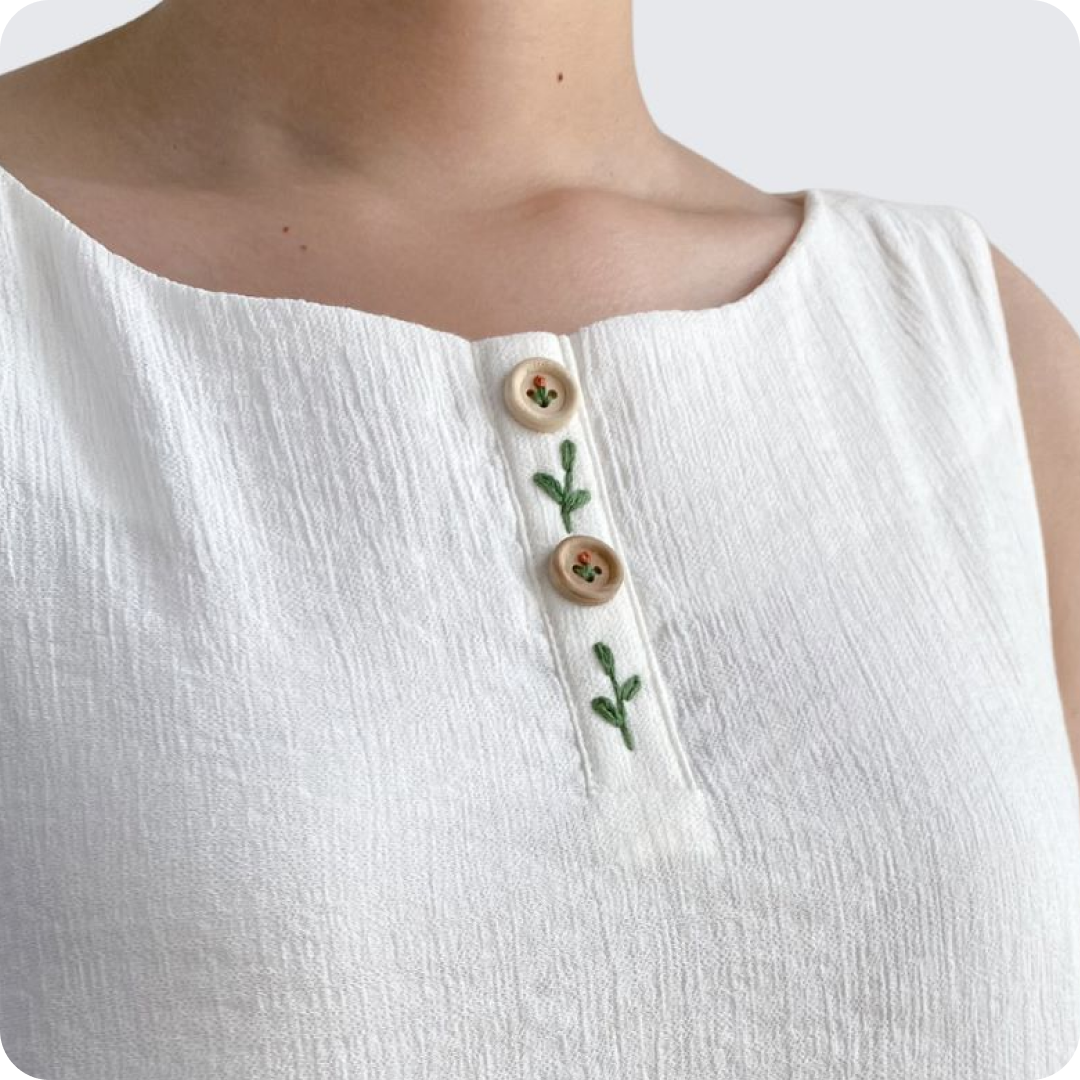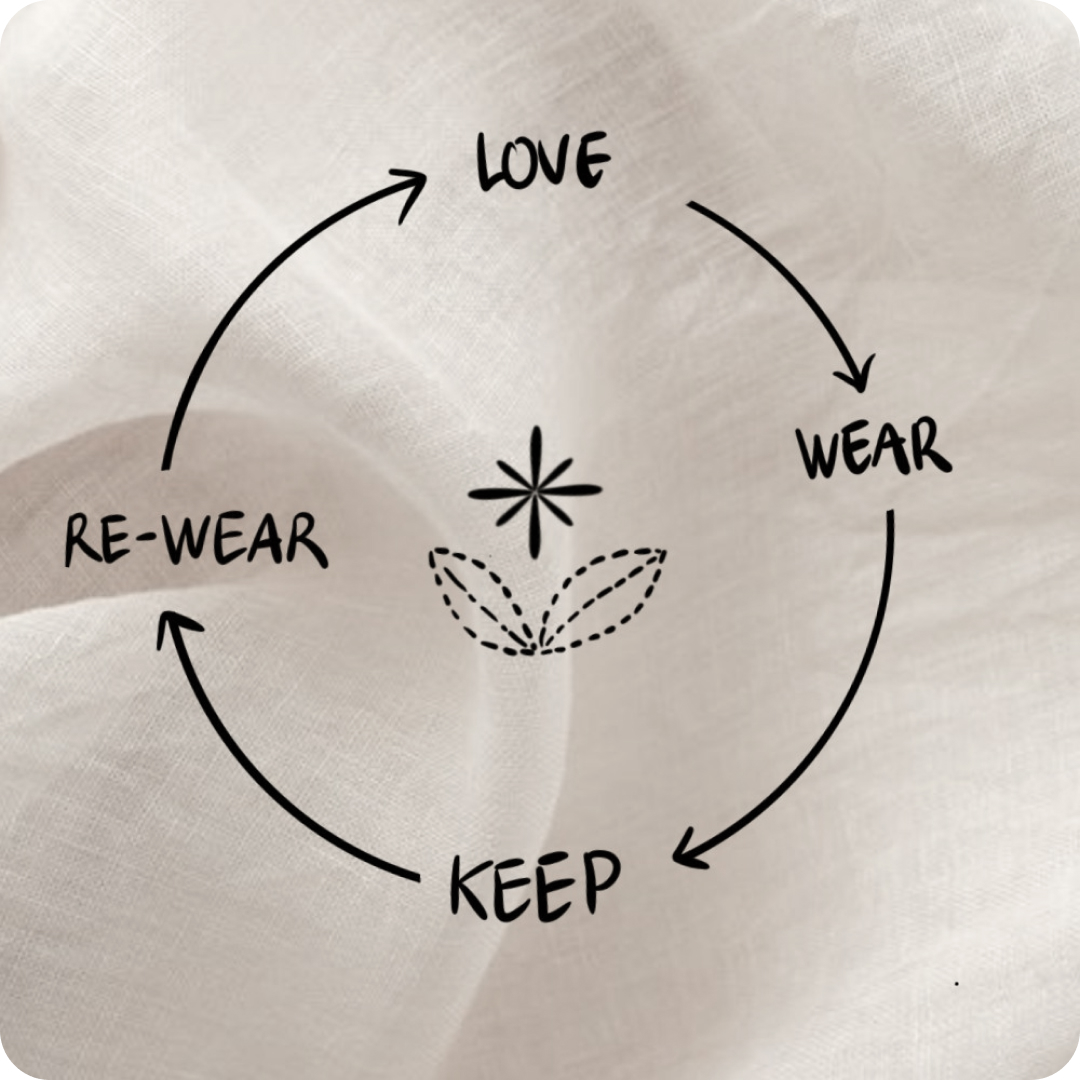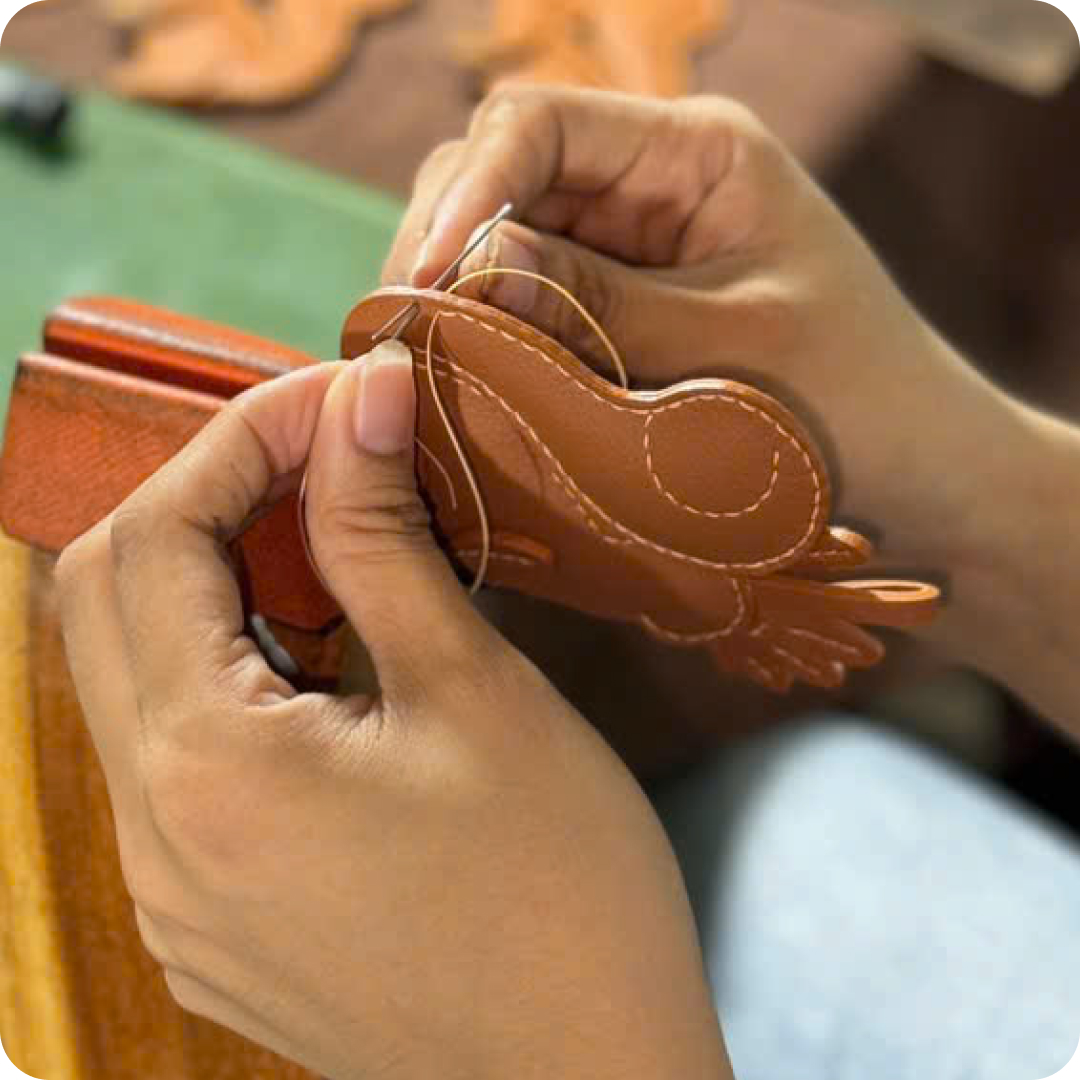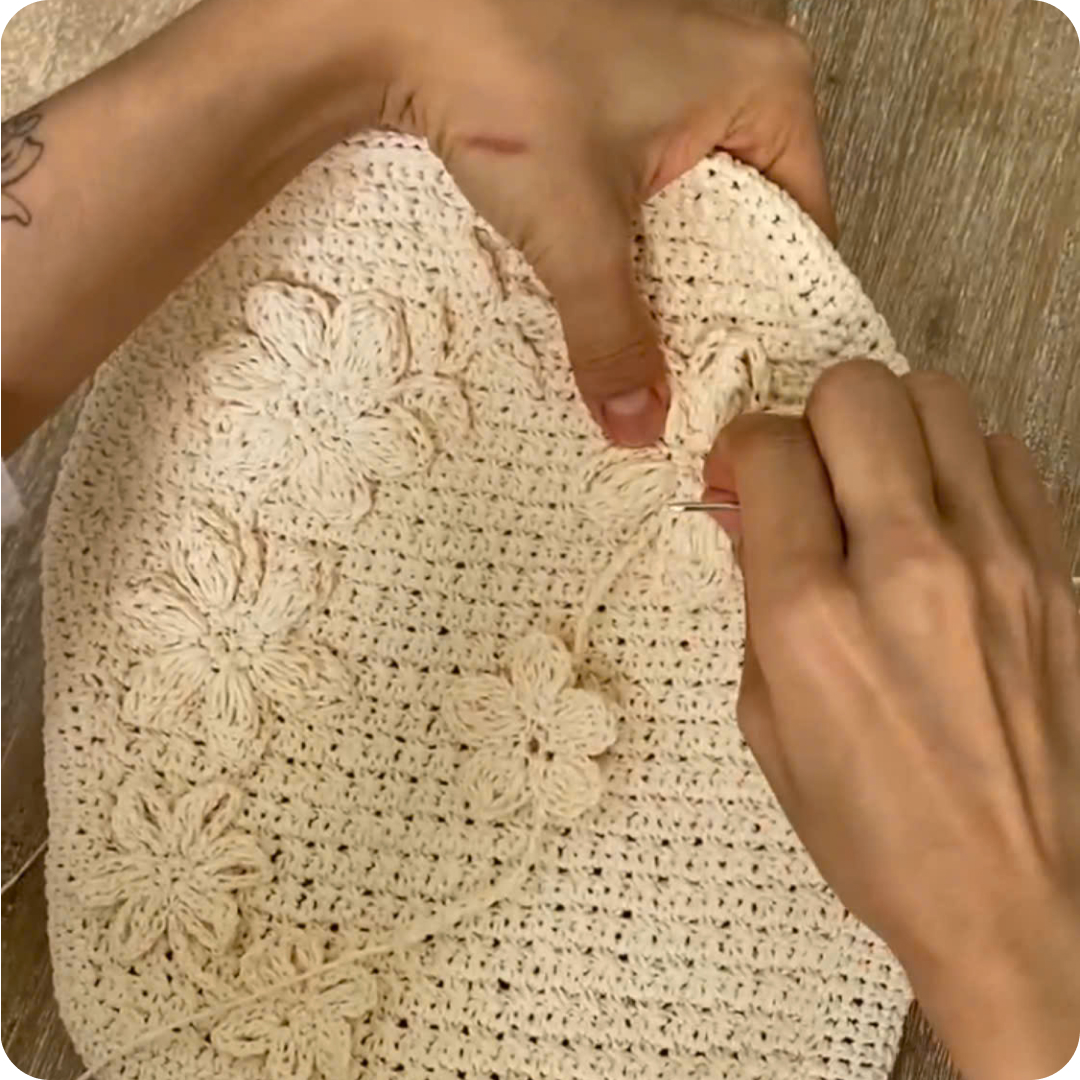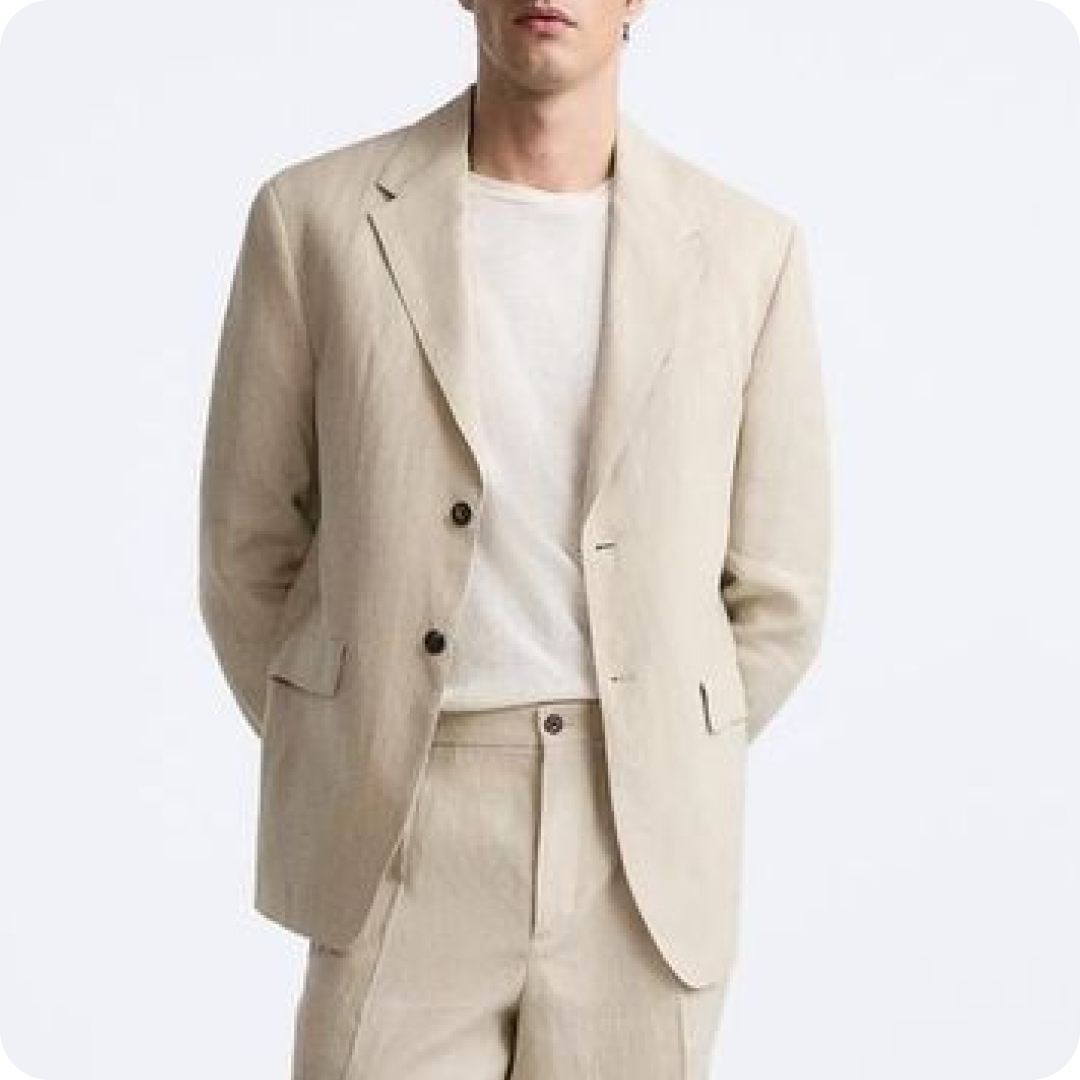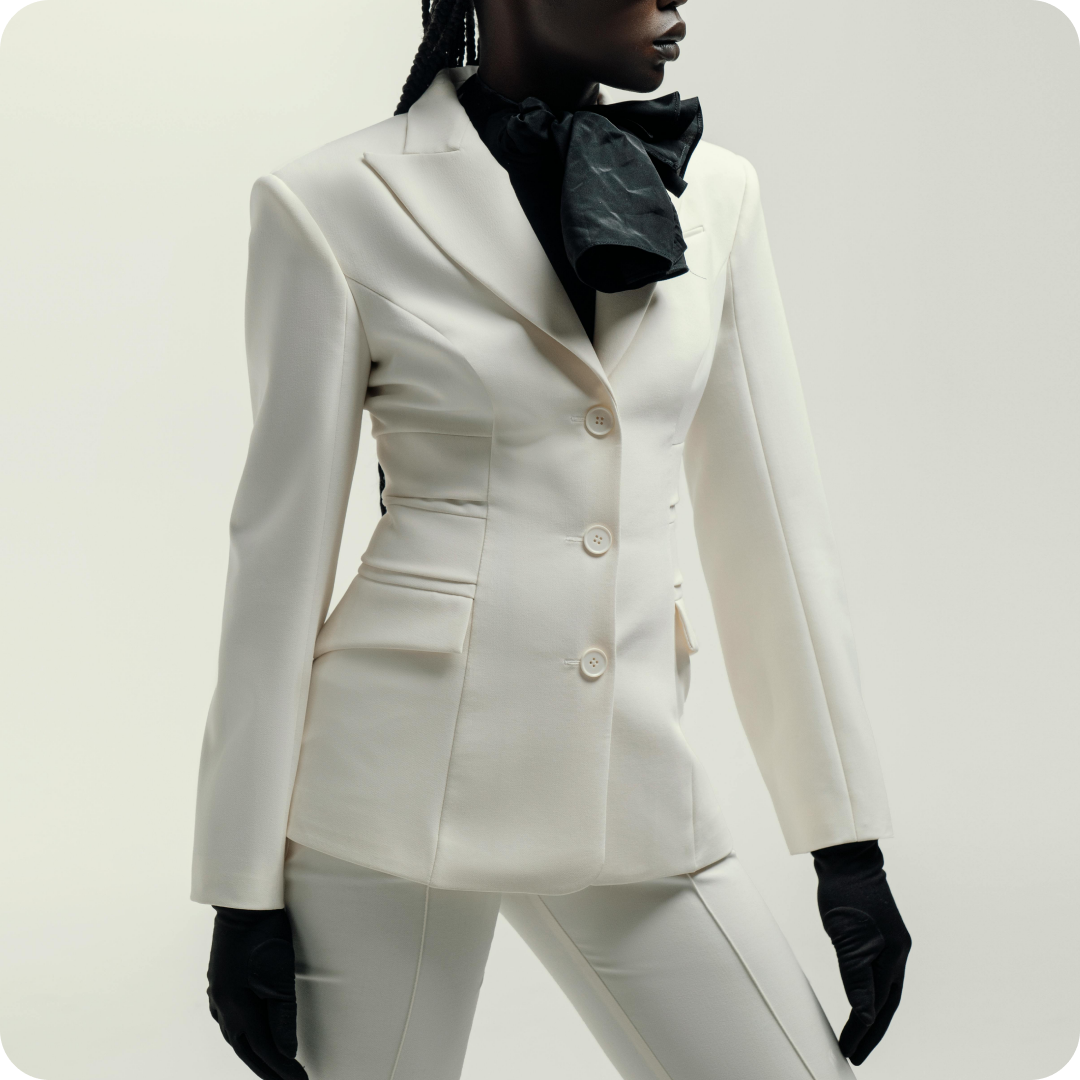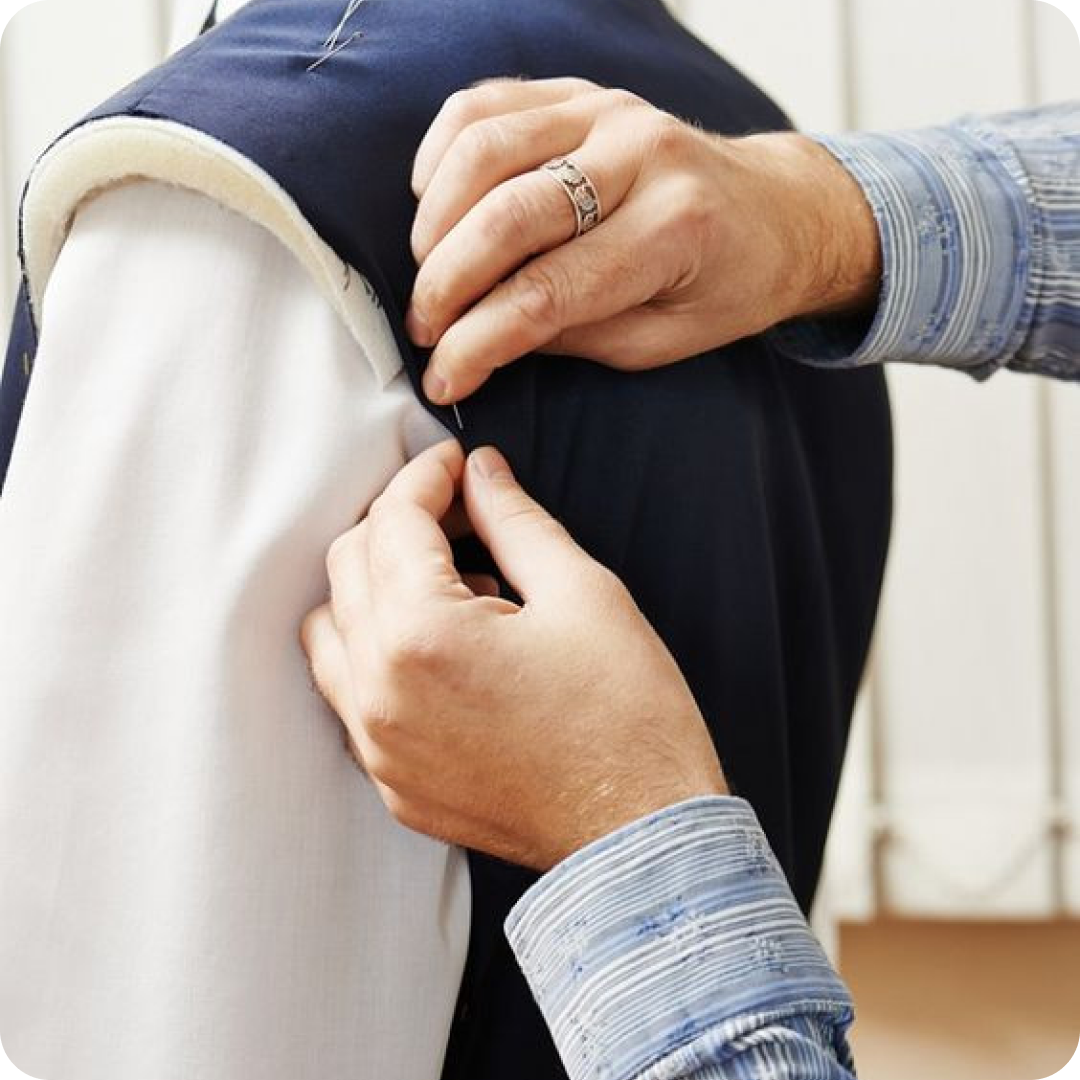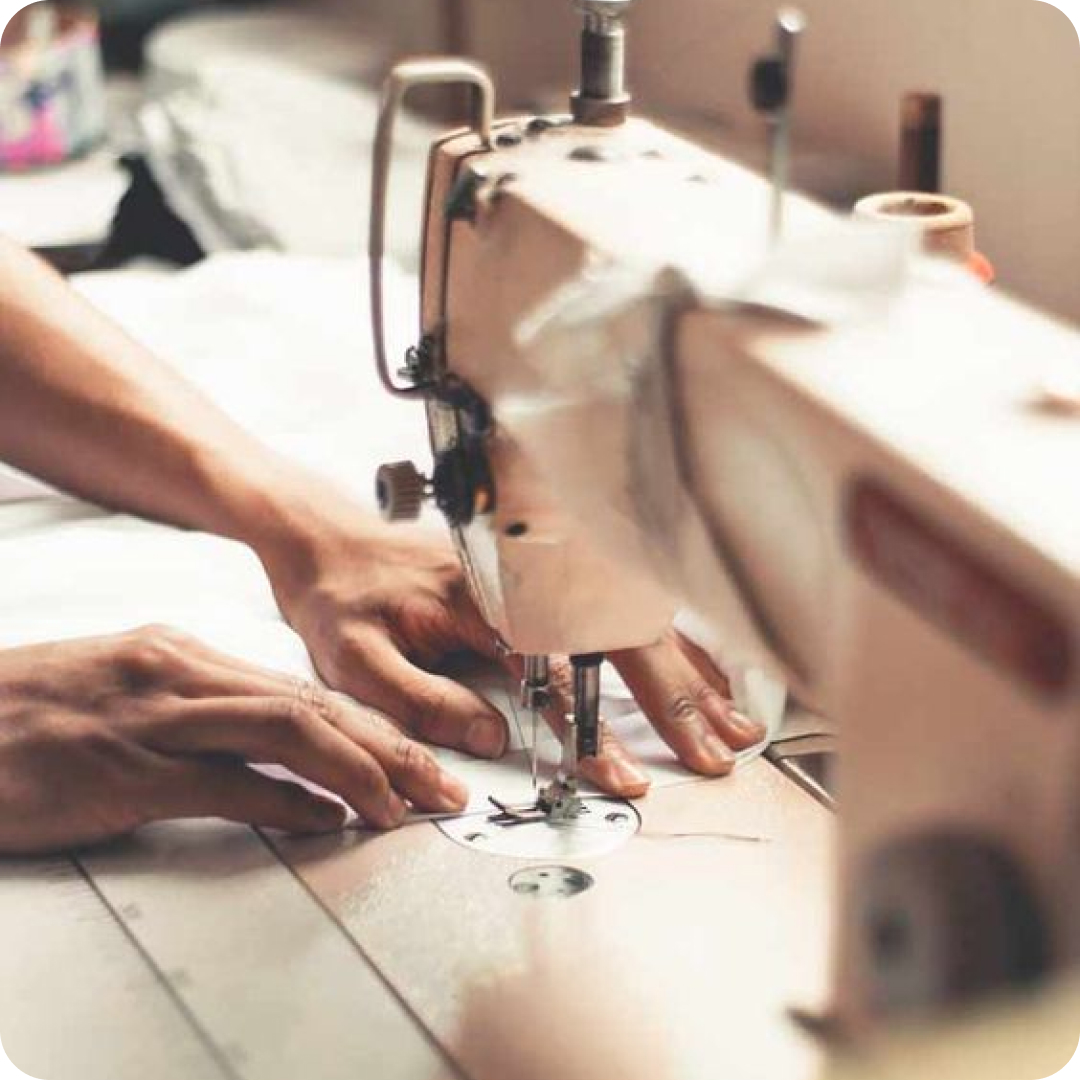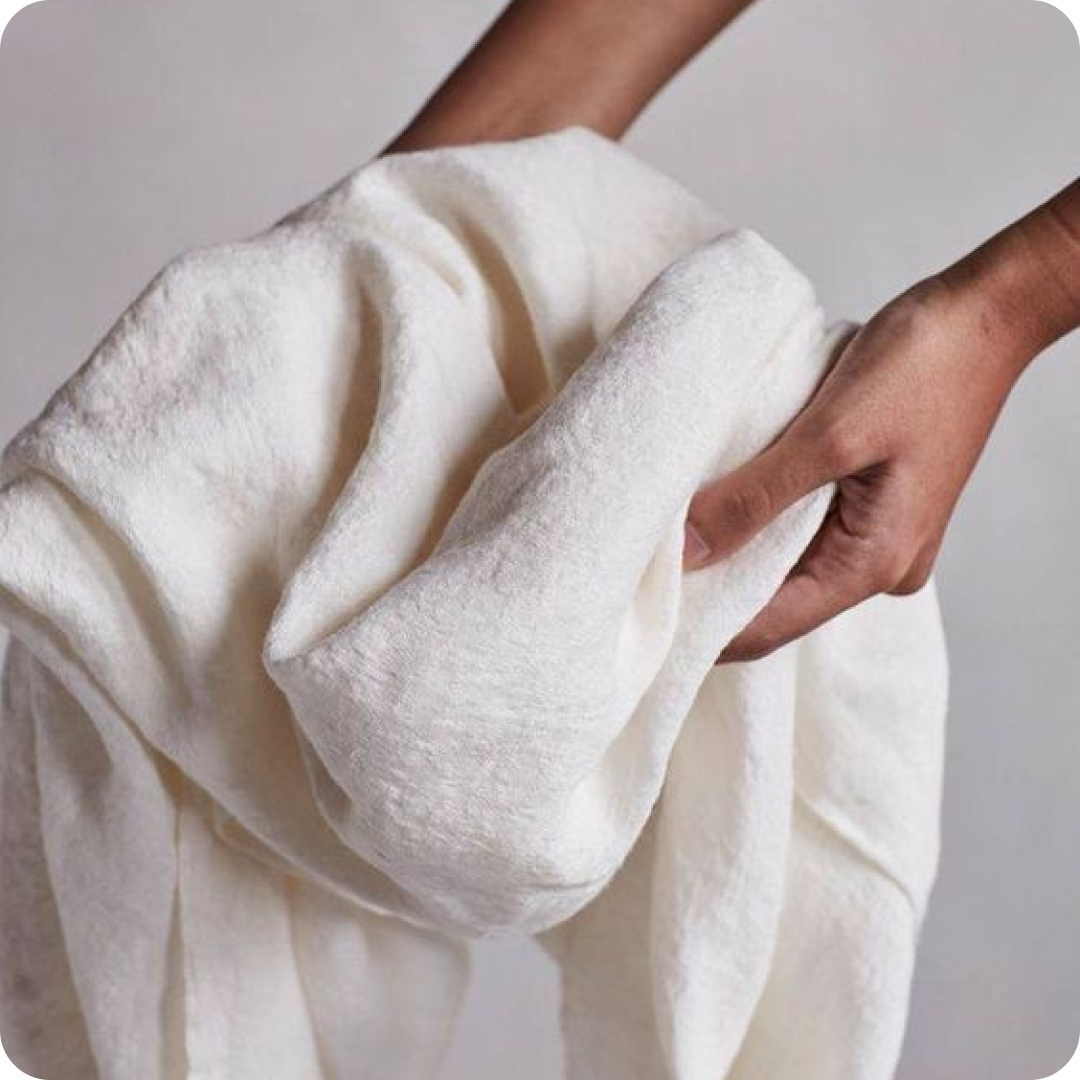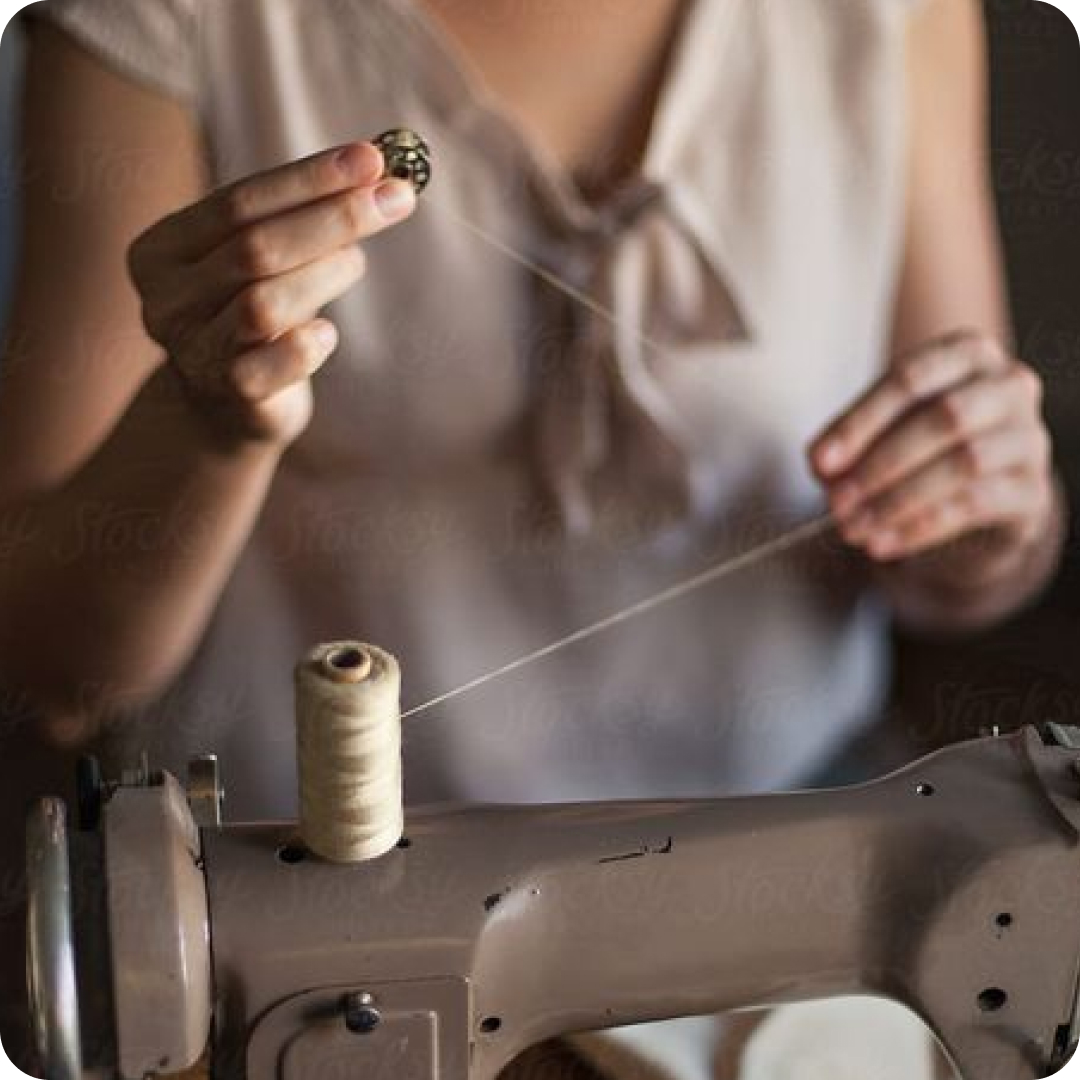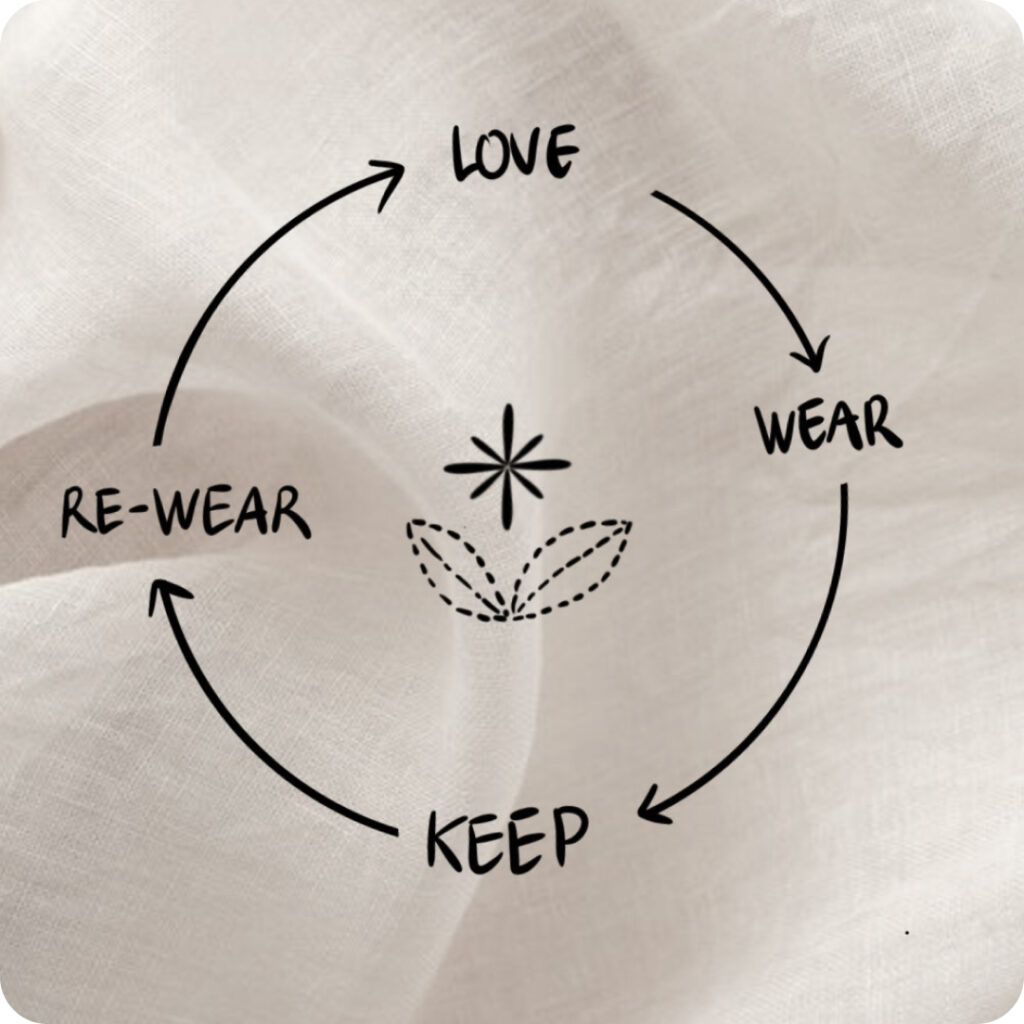Embracing Sustainable Fashion Through Innovation
In fashion, sustainability has become a powerful force for change. It is where creativity and responsibility converge to shape a better future. This article will help you understand how innovative solutions and ethical practices are reimagining the way we dress.
Examples of sustainable fashion
The fashion industry is notorious for its environmental and ethical challenges. To address these complex issues, fashion brands have adopted a multifaceted approach, breaking their sustainable practices down into four key areas:
Ethical Fashion
At the core of ethical fashion is the commitment to humane treatment and fair practices. This encompasses the entire production process, working conditions, and embracing Fair Trade principles. Brands that champion ethical fashion ensure that no human beings or animals are harmed due to their manufacturing practices. Workers are provided with safe and healthy working environments, fair wages, and humane treatment. Animal welfare, especially in the context of leather and fur production, is also a crucial aspect of ethical fashion.
Sustainable Fashion aims for socially and environmentally responsible activities. (Internet Source)
Circular Fashion
Circular fashion is a sustainable practice deeply rooted in the principles of the circular economy. It advocates for maximizing the use and circulation of materials and products within society in a manner that is environmentally responsible, effective, and equitable. This approach includes initiatives such as recycling, upcycling, and thrifting. The goal is to minimize waste, reduce the consumption of new resources, and extend the life of products. By promoting the ongoing use and repurposing of items, circular fashion is a powerful tool in reducing the environmental impact of the fashion industry.
Slow Fashion
As a counterpoint to fast fashion’s rapid production and consumption cycles, slow fashion emphasizes a long-term view of the product life cycle. Brands embracing slow fashion encourage the sharing or renting of clothing, emphasizing the quality of garments to extend their longevity. This strategy helps to reduce the need for frequent replacements, ultimately resulting in less waste and a smaller environmental footprint. Slow fashion is about investing in quality pieces that stand the test of time.
Slow fashion represents conscious consumption with a focus on quality. (Internet Source)
Conscious Fashion
Conscious fashion is a message, an awareness campaign aimed at consumers. It seeks to educate and inform individuals about the environmental and social implications of their fashion choices. Brands engaged in conscious fashion play a vital role in promoting eco-friendly products and encouraging consumers to support the green fashion movement. By raising awareness about the impact of clothing purchases, they empower consumers to make informed, sustainable choices.
Collectively, these facets of sustainable fashion serve to transform an industry that has long been associated with waste, pollution, and unethical practices. They align with a growing demand for environmentally responsible and ethical products and create a more informed and conscious consumer base.
The Current State of Sustainability in the Fashion Industry
The current state of sustainability in the fashion industry is marked by significant progress and growing awareness. Here’s a closer look at the state of sustainability in the fashion industry, along with some examples of key developments:
Growing Consumer Awareness
Consumer awareness of sustainability issues in the fashion industry is on the rise. Today’s shoppers are more informed and conscious of the impact of their clothing choices. They seek transparency and ethical production processes.
For instance, sustainable fashion brands like Patagonia and Everlane have gained popularity by making their sustainability practices central to their brand identity. They encourage customers to repair clothing rather than buy new items, contributing to a more sustainable approach.
The fashion industry commits to sustainable practices and responsible consumption. (Internet Source)
Industry Commitment
Many prominent fashion brands and industry organizations are making significant commitments to sustainability. For example, in 2019, 32 leading fashion companies, including Adidas, H&M, and Burberry, signed the Fashion Pact, pledging to reduce their environmental impact. By 2020, these companies had set specific targets for issues such as reducing greenhouse gas emissions, eliminating single-use plastics, and promoting regenerative farming practices.
Circular Fashion
The adoption of circular fashion principles is gaining momentum. Brands are focusing on strategies to prolong the life of garments through repair, reuse, and recycling. For example, Levi’s “Buy Better, Wear Longer” campaign encourages consumers to make more intentional clothing choices, emphasizing longevity and quality.
Sustainable Materials
There is a growing shift towards sustainable materials. Brands are increasingly using organic cotton, recycled fabrics, and innovative materials like Tencel and Piñatex (pineapple leather) to reduce their environmental footprint. Swedish brand Nudie Jeans, for instance, is known for its use of organic cotton and offers free repair services to extend the life of its products.
Transparent Supply Chains
Transparency within the supply chain is a growing priority. Brands are sharing information about the origins of their materials and the conditions in their factories. Fashion Revolution’s “Fashion Revolution Week” campaign has been instrumental in raising awareness about the need for transparent supply chains.
The fashion industry has reached a pivotal moment where sustainability is not just a trend but a fundamental shift in mindset and practice.
Sustainable fashion is everyone’s responsibility (Internet Source)
Why sustainable fashion is everyone’s responsibility
Sustainable fashion is not just a responsibility for fashion brands but a collective obligation shared by individuals, communities, and society as a whole. Here’s why:
- Fashion is a major contributor to pollution and resource depletion.
- Many fashion production occurs in places with labor exploitation.
- Supporting sustainable practices conserves valuable resources, helping to secure a more sustainable future.
- Sustainable fashion educates individuals about conscious consumption and ethical choices, inspiring broader societal changes.
- Sustainable fashion can create jobs and stimulate economies, providing benefits for all.
- Sustainability is essential for the world we leave behind for our children, with cleaner environments and fair practices.
In sum, sustainable fashion isn’t just for fashionistas but a shared commitment to a more equitable, environmentally conscious, and ethical future.
In sustainable fashion, innovation and responsibility are rewriting the industry’s story. The collaborative efforts of designers, brands, and conscious consumers mark the journey toward a greener future. Hopefully, the information above has helped you understand more ethical, environmentally friendly, and innovative practices. Sustainability is more than just a trend; It is a shared responsibility to protect our planet.

